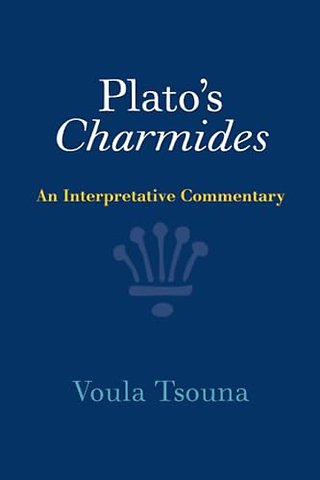Plato's Charmides
An Interpretative Commentary
Samenvatting
The Charmides is a difficult and enigmatic dialogue traditionally considered one of Plato's Socratic dialogues. This book provides a close text commentary on the dialogue which tracks particular motifs throughout. These notably include the characterization of Critias, Charmides, and Socrates; the historical context and subtext, literary features such as irony and foreshadowing; the philosophical context and especially how the dialogue looks back to more traditional Socratic dialogues and forward to dialogues traditionally placed in Plato's middle and late period; and most importantly the philosophical and logical details of the arguments and their dialectical function. A new translation of the dialogue is included in an appendix. This will be essential reading for all scholars and students of Plato and of ancient philosophy. This title is also available as Open Access on Cambridge Core.
